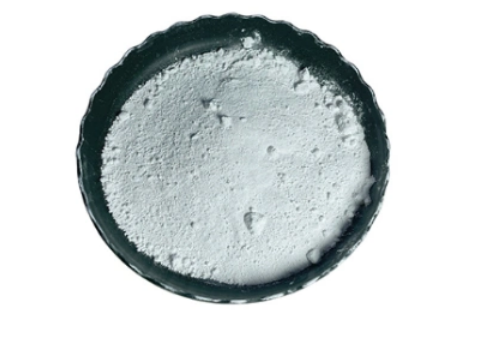...
2025-08-14 04:05
595
...
2025-08-14 03:13
2672
...
2025-08-14 03:11
1551
...
2025-08-14 03:11
2114
...
2025-08-14 02:41
635
...
2025-08-14 02:22
231
...
2025-08-14 02:15
2565
...
2025-08-14 02:07
1178
...
2025-08-14 02:06
2293
...
2025-08-14 01:47
1274
